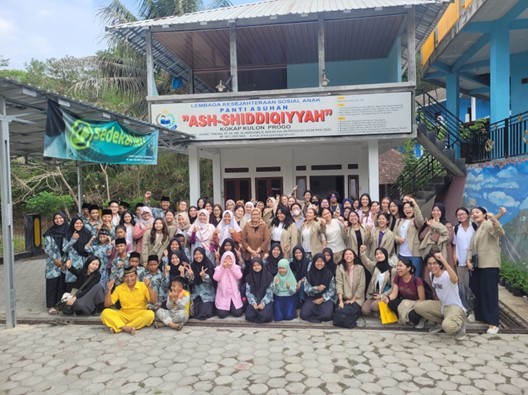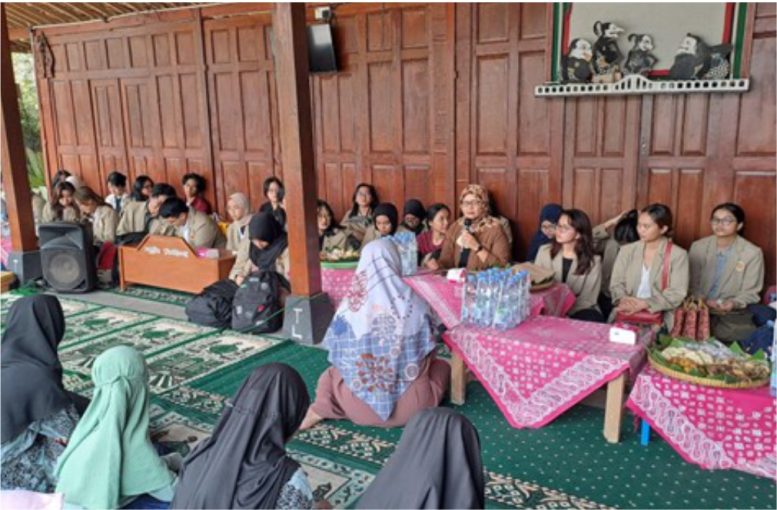
On November 4, the class of Life-Span Development Psychology conducted a field study on an orphanage in Kulon Progo. A group of IUP and exchange students, accompanied by two professors and two teaching assistants, embarked on a field trip to Panti Asuhan Ash-Shiddiqiyah in Kulon Progo. Upon their arrival, they were graciously welcomed by the facility’s administrators and the foster children.
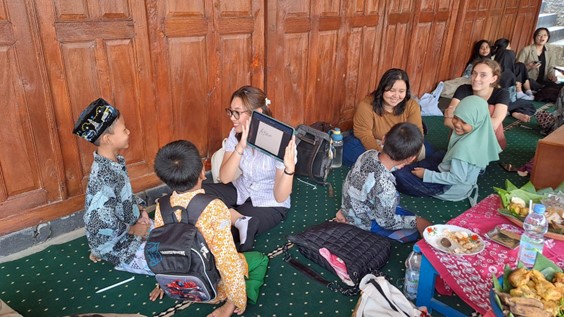
While enjoying snacks, the students engaged in conversations with the foster children, who represented a diverse range of backgrounds. Some hailed from regions beyond the island, others were not orphans but came from economically disadvantaged families, and a few were brought to the orphanage by the community. In total, there were 28 children, spanning various age groups and educational levels, including preschoolers, primary and secondary school students, and those in high school, Islamic boarding schools, and university. The foster children shared valuable insights into the support they receive from donors, with some former foster children now contributing as donors themselves. During the interaction, male students showcased a traditional performance known as “hadrah” as a gesture of welcome.
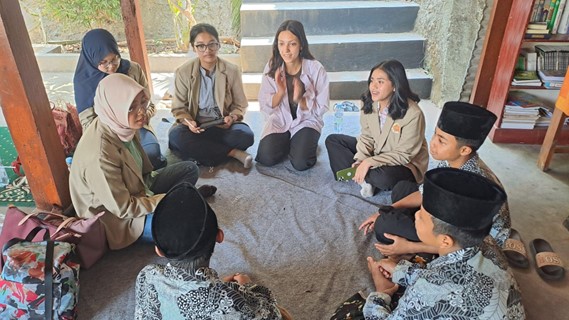
Following the warm reception, the group collectively performed the midday prayer and enjoyed lunch. Subsequently, the students were divided into nine groups, each assigned to observe and interview foster children and caregivers on specific topics and research questions. The groups were organized based on the age groups of the interviewees, ranging from preschool and primary school children to middle and high school students. The interviews and observations were characterized by an informal and interactive atmosphere, incorporating games that added an enjoyable element to the proceedings. The foster children demonstrated remarkable enthusiasm while interacting with the students. In conclusion, the students presented souvenirs to their respective interviewees.
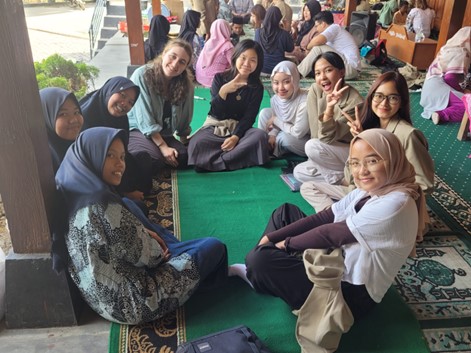
The event wrapped up with closing remarks, plaque presentations, group photographs, and the participants then proceeded to depart.
